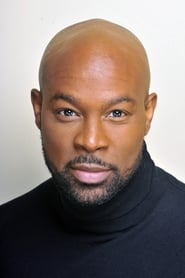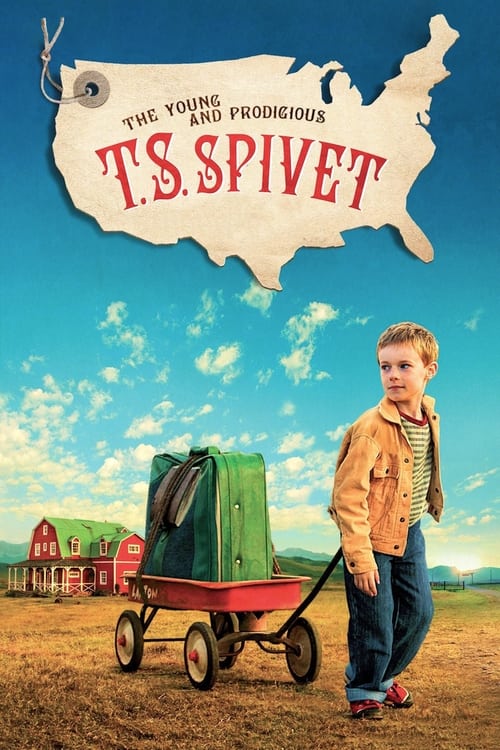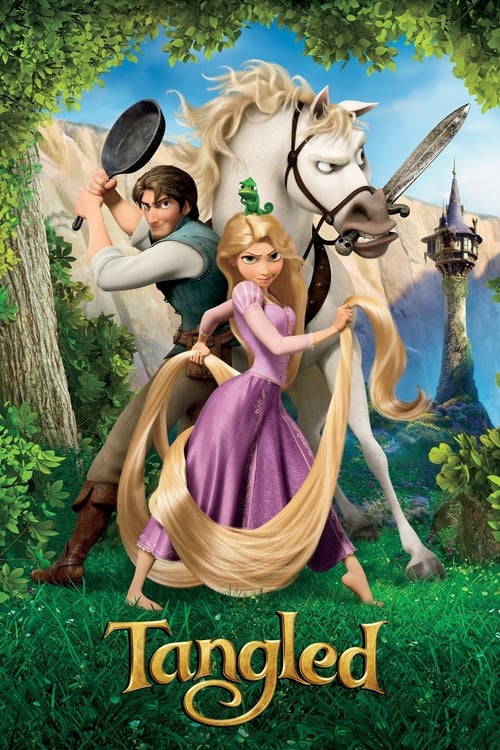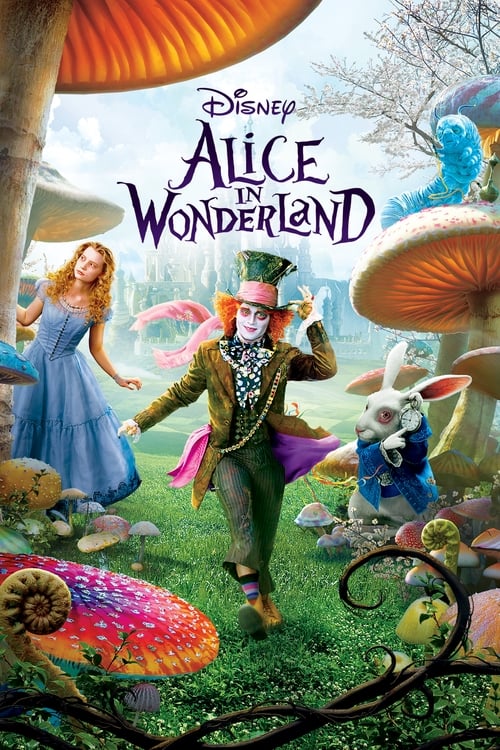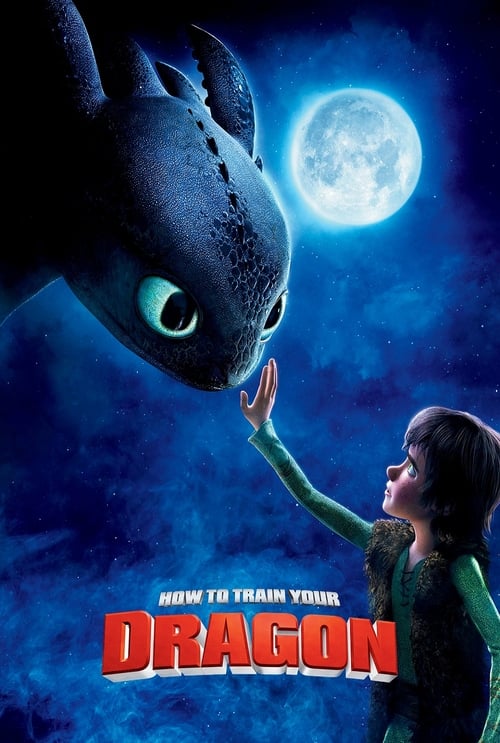
Ask Your Own Question
What is the plot?
More Movies Like This
Browse All Movies →What is the ending?
In the ending of "The Ideal Husband" (2011), Sir Robert Chiltern's political career is saved when he is exonerated from the blackmail scheme orchestrated by Mrs. Laura Cheveley. His wife, Gertrude, learns the truth about his past but ultimately chooses to forgive him. The couple reconciles, and their relationship is strengthened. Meanwhile, Mrs. Cheveley is defeated and leaves London, while the young couple, Mabel and Lord Goring, find happiness together.
Now, let's delve into the ending in a more detailed narrative fashion:
As the climax of the story unfolds, the tension in Sir Robert Chiltern's life reaches a boiling point. The grand drawing room of his home is filled with an air of desperation and uncertainty. Sir Robert stands at the center, grappling with the revelation of his past misdeeds and the threat posed by Mrs. Laura Cheveley, who has been blackmailing him with knowledge of his youthful indiscretions. The stakes are high; his political career and his marriage to Gertrude hang in the balance.
In a pivotal moment, Gertrude enters the room, her expression a mix of confusion and hurt. She has just learned of her husband's past, and the betrayal weighs heavily on her heart. Sir Robert, desperate to protect her from the truth, tries to explain his actions, but the emotional turmoil is palpable. Gertrude's internal conflict is evident; she loves her husband but feels the sting of his dishonesty. The room is charged with tension as they confront the reality of their relationship.
Meanwhile, Lord Goring, Sir Robert's close friend, is determined to help. He has been working behind the scenes to gather evidence against Mrs. Cheveley. In a dramatic turn, he confronts her, revealing her manipulative schemes and the truth about her character. The confrontation takes place in a lavishly decorated parlor, where the opulence contrasts sharply with the moral decay of the characters involved. Goring's resolve is unwavering; he is not only fighting for his friend's honor but also for the love he has for Mabel, who has been waiting in the wings.
As the final confrontation unfolds, Mrs. Cheveley is cornered. The tension in the room is thick as Goring exposes her lies and deceit. The audience can feel the weight of her impending defeat. In a moment of desperation, she attempts to turn the tables, but her manipulations unravel before her eyes. The truth prevails, and she is left with no choice but to retreat, her plans thwarted.
With Mrs. Cheveley defeated, the focus shifts back to Sir Robert and Gertrude. In a quiet, intimate moment, Gertrude grapples with her feelings of betrayal and love. She realizes that while her husband has made mistakes, he is still the man she loves. The emotional weight of their relationship is beautifully captured in their exchange, filled with longing and the desire for reconciliation. Gertrude's decision to forgive him is a testament to the strength of their bond.
As the story draws to a close, the couple stands united, their relationship renewed. The camera captures their hands intertwined, symbolizing their commitment to one another despite the trials they have faced. The emotional resolution is palpable, and the audience is left with a sense of hope for their future together.
In the final scenes, Mabel and Lord Goring find their own happiness. Their love story, which has been a subplot throughout the film, culminates in a joyful reunion. Mabel's character, initially portrayed as somewhat naive, has grown throughout the narrative, and her relationship with Goring reflects a mature understanding of love and partnership. The couple's embrace signifies a new beginning, contrasting with the earlier turmoil of the story.
As the credits roll, the fates of the main characters are clear: Sir Robert and Gertrude emerge stronger from their trials, having faced the truth and chosen love over deception. Mrs. Cheveley, on the other hand, is left defeated, a reminder of the consequences of manipulation and dishonesty. The film concludes with a sense of resolution, emphasizing the themes of love, forgiveness, and the complexities of human relationships.
Is there a post-credit scene?
The movie "The Ideal Husband," produced in 2011, does not feature a post-credit scene. The film concludes without any additional scenes or content after the credits roll. The story wraps up with the resolution of the main plot, focusing on themes of love, trust, and the complexities of relationships, leaving the audience with a sense of closure regarding the characters' journeys.
What secret does Sir Robert Chiltern hide that threatens his political career?
Sir Robert Chiltern, a prominent politician, hides a dark secret from his past: he once sold a government secret to a foreign power to secure his fortune. This secret, if revealed, could ruin his career and marriage.
How does Mrs. Cheveley attempt to manipulate Sir Robert Chiltern?
Mrs. Cheveley, the antagonist, attempts to manipulate Sir Robert by threatening to expose his past misdeed unless he supports her scheme to sell a fraudulent Argentine canal project. She uses her knowledge of his secret as leverage to gain power.
What role does Goring play in the resolution of the conflict?
Lord Goring, a charming and witty friend of Sir Robert, plays a crucial role in resolving the conflict. He uncovers Mrs. Cheveley's intentions and ultimately helps to protect Sir Robert's reputation by confronting her and ensuring that the truth about the past remains hidden.
What is the significance of the letter that Mrs. Cheveley possesses?
The letter that Mrs. Cheveley possesses is significant because it contains evidence of Sir Robert's past wrongdoing. It serves as the key to her blackmailing him and is central to the tension in the plot, as its potential exposure threatens to unravel his life.
How does Lady Gertrude Chiltern react upon learning about her husband's secret?
Lady Gertrude Chiltern is initially devastated when she learns about her husband's secret. She feels betrayed and struggles with the realization that the man she idealized is flawed. Her emotional turmoil drives her to confront Sir Robert, leading to a pivotal moment in their relationship.
Is this family friendly?
The 2011 film "The Ideal Husband" is generally considered suitable for a family audience, but it does contain some elements that may be objectionable or upsetting for children or sensitive viewers. Here are a few aspects to consider:
-
Themes of Infidelity: The film explores themes of marital fidelity and betrayal, which may be complex for younger viewers to understand.
-
Mature Relationships: There are discussions and situations involving romantic relationships that may include innuendo or suggestive dialogue.
-
Emotional Conflict: Characters experience significant emotional turmoil, including feelings of guilt, shame, and betrayal, which could be intense for some viewers.
-
Social Commentary: The film addresses issues of societal expectations and moral dilemmas, which may provoke thought but could also be heavy for younger audiences.
-
Tension and Confrontation: There are scenes of confrontation and tension between characters that may be unsettling, particularly for sensitive viewers.
Overall, while the film does not contain explicit content, its themes and emotional depth may require parental guidance for younger audiences.




